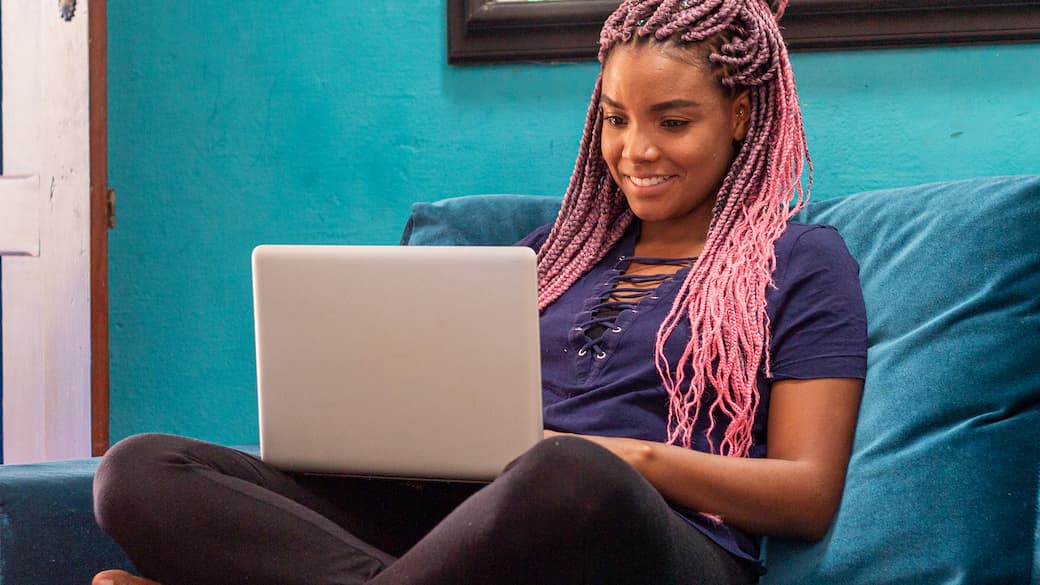Addressing inequalities: Mind the skills gap

By Jackie Grisdale
It’s no secret that young people from disadvantaged backgrounds and underrepresented groups often face greater challenges when it comes to accessing opportunities. And we are all too aware that the pandemic exacerbated inequalities and brought a new wave of struggles, further widening the gaps that we had worked so hard to close over the past decade.
Improving access for underrepresented groups and shifting the composition of our graduate hires is more important for employers today than it has ever been. Employers and education have made adjustments in an effort to negate the impact of the pandemic in the short term. But the effects of the pandemic are likely to be felt for some time, not only by employers, but more importantly, by the young people themselves.
We need to consider the long term strategy.
Academic attainment is one thing. But it is the impact on a wider set of skills that concerns me. Consider the ‘normal’ experience students have while they are at university, it is a major contributor to the development of important employability and life skills. Joining societies and taking part in extra-curricular activities introduce young people to new networks and help them to develop social skills. Along with experiences from part time work, they have the opportunity to develop a range of skills essential to future employability, such as problem solving, communication, motivation, confidence, resilience & leadership. These experiences also work wonders for self-confidence.
Then we think about our underrepresented groups. Participation in extracurricular activity is often lower amongst those from lower socio-economic backgrounds. The pandemic has further exacerbated the issue. A lack of access to part time work, and a digital only approach to academic and extra-curricular activity has seen a further decline in participation as ‘zoom fatigue’ set in. As a result, the skills developed through extracurricular activities, part-time work and through face to face interaction, both within and outside the academic timetable, have been impacted. A recent Sutton Trust survey revealed 87% of students believe the pandemic has had a negative impact on their academic life or life skills. A third said their non-academic skills have been most affected and nearly four fifths of students from working class backgrounds are now concerned they wouldn’t be able to gain the skills and experience they need for future employment.
What does that mean for the futures of our young people? We still don’t know the extent of the impact on the development of the skills that employers look for and what has been lost. But I strongly believe that a longer term strategy, which considers the long term effects and well-placed and thoughtful interventions will go a long way towards supporting those who need it, to bridge the gap.
So, what are you going to do to change futures for the better?